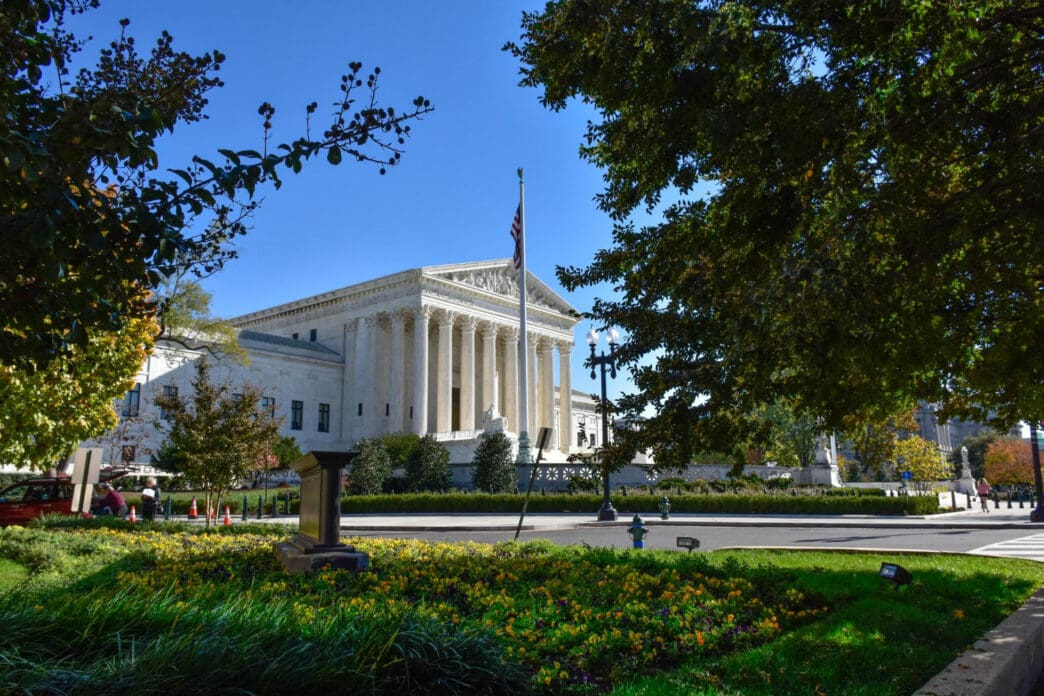Executive Summary
The Story So Far
Why This Matters
Who Thinks What?
The Supreme Court announced Tuesday it will hear arguments regarding President Donald Trump’s extensive global tariffs, taking on a case that addresses a core component of his administration’s economic policy. This expedited appeal seeks to overturn a lower court’s finding that the administration unlawfully imposed numerous import taxes, including those against China, Mexico, and Canada, raising fundamental questions about the President’s authority to levy emergency tariffs without explicit congressional approval. The tariffs are set to remain in effect while the Court considers the case, with arguments scheduled for the first week of November and a decision anticipated by the end of June.
Legal Challenge Origins
The legal challenge stems from a divided decision issued in late August by a federal appeals court in Washington. That court determined that President Trump had exceeded his authority by relying on the International Emergency Economic Powers Act to implement the tariffs. The appeals court emphasized that the power to impose taxes is constitutionally vested in Congress.
Economic and Constitutional Implications
The case places a significant aspect of the American economy directly before the conservative-leaning Supreme Court. It directly questions the scope of presidential power in economic policy, particularly regarding the imposition of trade barriers.
Expedited Review and Tariff Collections
President Trump’s administration requested an expedited review from the Supreme Court, citing the considerable uncertainty surrounding the fate of collected duties. The government argued that delaying a decision until June could lead to substantial disruption, given the estimated $750 billion to $1 trillion in tariffs already collected.
According to figures from US Customs and Border Protection, tariff collections for the 2025 fiscal year stood at approximately $475 billion as of August 24. Of this total, $210 billion originated from the specific tariffs currently under legal challenge.
Outlook
The Supreme Court’s decision to fast-track this appeal underscores the critical nature of the legal and economic questions at stake. The outcome will not only determine the legality of President Trump’s tariff policies but also set a precedent for the balance of power between the executive and legislative branches concerning trade and emergency economic measures.








